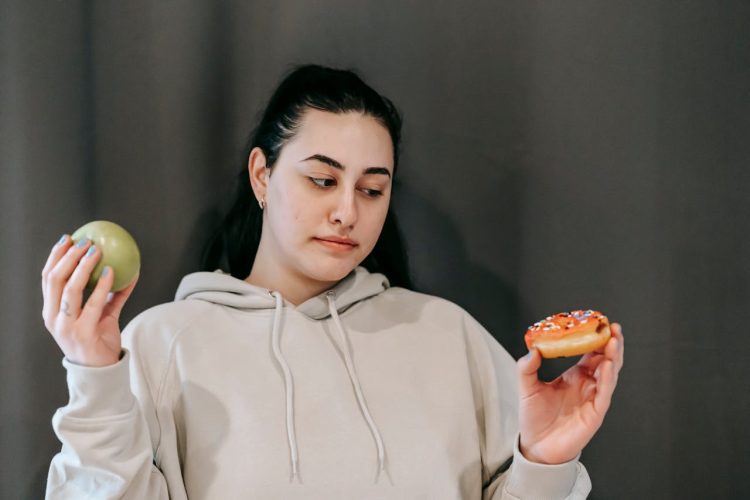Whether our goal is to lose weight or to follow a balanced diet that promotes our well-being and overall health, snacking in between meals will help us achieve it.
We take them with us to work, we put them in the child’s school bag, they give us strength before the gym, and they fill us up when we are hungry. Snacks are an integral part of a balanced diet, as they supply us with energy throughout the day, help us stay full until our next meal and keep our weight normal.
Balanced nutrition has as its emblem the rule of 5 meals. According to this, between breakfast, lunch, and dinner, which are defined as main meals, there should be two intermediate mini-meals (midday and afternoon), so that the body does not feel exhausted and has the necessary energy that will allow it to function properly. The ideal snack should be light and healthy at the same time.
What we should know about snacks
Here are some of the most common questions about snacks and their contribution to our diet:
- They are small, so can I eat as many as I want?
Don’t be fooled by their size, because snacks may be small, but their calories are often considerable. The role of snacks is important for our diet, but it does not cease to be auxiliary. A snack should not contain more than 200 calories.
- Can I replace a meal with a snack to lose weight faster?
No, you can’t. Snacks are usually small in quantity and nutritionally one-dimensional. Consequently, it is not possible for them to contain all the nutrients that the body needs. They are also useful for the body if more than 4 hours pass between two main meals.
- What role does variety play?
Very important. We make sure to choose different snacks during the week and prefer to alternate between sweet and salty, offering our body a wide range of foods and consequently nutrients.
- What should I prefer: a fruit or a juice?
Our first choice is always fruit, because, in addition to their vitamins, they also provide us with valuable fiber for bowel function. However, fruit can be replaced by a fresh juice (1 glass of juice = 2 medium fruits), which, while lacking in fiber, retains its vitamins and is rich in antioxidants.
- Are nuts allowed?
Foods like nuts and dried fruit can be great snack options, but it’s very easy to overeat if you’re not careful. Many times, relying on the fact that you are eating something healthy, you underestimate the number of calories you consume. Therefore, avoid eating straight from the bag and organize your portions properly.
A few nuts (a handful with a few almonds, walnuts, peanuts, or hazelnuts) are an ideal snack because they are rich in vitamins (mainly vitamin E and B vitamins) and minerals (iron, magnesium, copper, and selenium), while at the same time they are a source of heart-healthy omega-3 fatty acids. It is recommended, however, to choose unsalted nuts, so as not to burden your body with sodium, which increases blood pressure.
- I don’t have time to eat breakfast; what should I eat at work?
In this case, a more fortified snack is recommended, e.g., 1 small sesame bagel with 1 slice of yellow cheese, or a freshly squeezed juice with a bagel or yogurt with a little honey and unsalted nuts.
- Should I have a snack before or after gym?
It’s a mistake to go to the gym on an empty stomach. The ideal is to eat 1-2 fruits half an hour to an hour before the gym, because they supply us with simple carbohydrates. A snack is also necessary after the gym, to replenish the nutrients lost during exercise. This snack should contain carbohydrates and proteins, e.g., 1 low-fat yogurt and 1 fruit.
- What should I eat before I go to bed?
The snack before bed should be something light that will not weigh on the stomach. Ideal options are a piece of fruit, a cup of low-fat milk, a piece of toast with a piece of cheese, and a handful of unsalted nuts.
Healthy snack ideas
- Yogurt with fresh or dried fruit
- Yogurt with nuts and a little honey
- 1 handful of nuts
- 1 sesame bun with a little cheese
- 1 whole wheat toast with 1 slice of cheese and 1 slice of boiled turkey
- 1 bowl of fresh fruit salad
- 1 rice wafer with 1 slice of cheese
- 10 almonds and 2 tablespoons raisins
- 1 boiled or roasted corn
- Vegetable sticks

